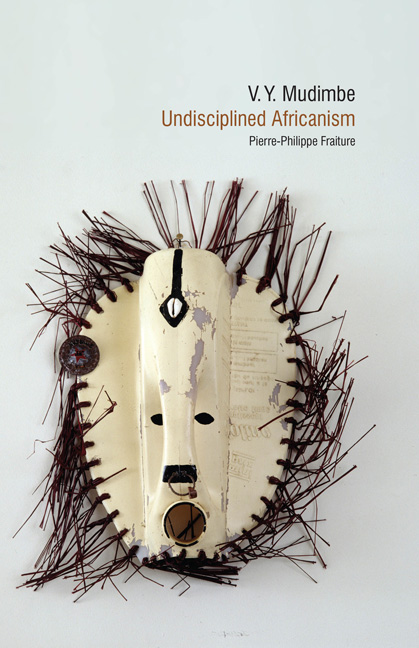Book contents
- Frontmatter
- Dedication
- Contents
- Acknowledgements
- List of Abbreviations
- Introduction: ‘Multidirectional Memory’
- 1 ‘Mission Impossible?’
- 2 ‘The Invention of Otherness’
- 3 ‘The West or the Rest?’
- 4 ‘Changing Places’
- 5 ‘Independences?’
- Conclusion: ‘The Return of the Unhomely Scholar’
- Notes
- Select Bibliography
- Index
5 - ‘Independences?’
- Frontmatter
- Dedication
- Contents
- Acknowledgements
- List of Abbreviations
- Introduction: ‘Multidirectional Memory’
- 1 ‘Mission Impossible?’
- 2 ‘The Invention of Otherness’
- 3 ‘The West or the Rest?’
- 4 ‘Changing Places’
- 5 ‘Independences?’
- Conclusion: ‘The Return of the Unhomely Scholar’
- Notes
- Select Bibliography
- Index
Summary
We might actually say that an anthropologist ‘invents’ the culture he believes himself to be studying, that the relation is more ‘real’ for being his particular acts and experiences than the things it ‘relates.’ Yet this explanation is only justified if we understand the invention to take place objectively, along the lines of observing and learning, and not as a kind of free fantasy. In experiencing a new culture, the fieldworker comes to realize new potentialities and possibilities for the living of life, and may in fact undergo a personality change himself. The subject culture becomes ‘visible,’ and then ‘believable’ to him, he apprehends it first as a distinct entity, a way of doing things, and then secondly as a way in which he could be doing things. Thus he comprehends for the first time, through the intimacy of his own mistakes and triumphs, what anthropologists speak of when they use the word ‘culture.’ Before this he had no culture, as we might say, since the culture in which one grows up is never really ‘visible’ – it is taken for granted, and its assumptions are felt to be self-evident. It is only through ‘invention’ of this kind that the abstract significance of culture (and of many another concept) can be grasped, and only through the experienced contrast that his own culture becomes ‘visible.’ In the act of inventing another culture, the anthropologist invents his own, and in fact he reinvents the notion of culture itself.
Roy WagnerTradition is a contentious notion. What does it really mean? Where is the much-vaunted tradition: in the past, in the present, in the future? Its corpses are silent and demand the intervention of patient pathologists who will retrospectively reveal the time and the etiology of their deaths. The morgue is a text but, ultimately, it defies strict generalisations as the singularity of each corpse cannot be subsumed by one unifying narrative. It could be said that V. Y. Mudimbe, Achille Mbembe, and Patrice Nganang are part of a Central African tradition of writing. Interestingly, each author has devoted a significant part of their writing career to the cultural, philosophical, and political legacies of colonial and African traditions on the postcolonial here and now.
- Type
- Chapter
- Information
- V. Y. MudimbeUndisciplined Africanism, pp. 147 - 181Publisher: Liverpool University PressPrint publication year: 2013



